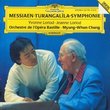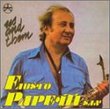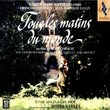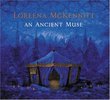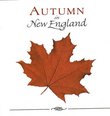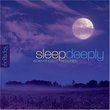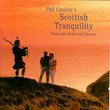| All Artists: Richard Strauss, Claudio Abbado, Karita Mattila, Berliner Philharmoniker Title: Karita Mattila ~ Strauss - Four Last Songs · Orchestral Songs / Berlin Phil. · Abbado Members Wishing: 0 Total Copies: 0 Label: Deutsche Grammophon Release Date: 11/9/1999 Genres: Pop, Classical Styles: Vocal Pop, Opera & Classical Vocal Number of Discs: 1 SwapaCD Credits: 1 UPC: 028944518221 |
Search - Richard Strauss, Claudio Abbado, Karita Mattila :: Karita Mattila ~ Strauss - Four Last Songs · Orchestral Songs / Berlin Phil. · Abbado
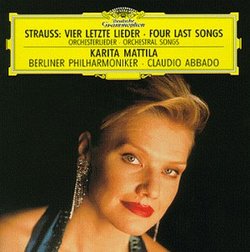 | Richard Strauss, Claudio Abbado, Karita Mattila Karita Mattila ~ Strauss - Four Last Songs · Orchestral Songs / Berlin Phil. · Abbado Genres: Pop, Classical
|
Larger Image |
CD DetailsSimilarly Requested CDs
|
CD ReviewsA sumptuous orchestral experience, and a great Strauss voice Santa Fe Listener | Santa Fe, NM USA | 06/16/2000 (4 out of 5 stars) "Most great Mahler conductors are also great Stauss conductors, but not Abbado. He has that in common with Bernstein--neither recorded more than a handful of Richard Strauss chestnuts (Abbado doesn't even have an opera, Bernstein only Rosenkavalier). But Abbado could be a great Staussian nonetheless--I think I would have lost my mind if I'd been in the audience for this 1998 concert with Karita Mattila, herself a great Staussian. She has a perfect Salome voice combining girlish lightness with soaring power, rivalled only by Wellitsch and perhaps Behrens in their prime. That Salome voice is used to tremendous effect in the fifth song, Fruhlingsdeier, and the lyric side of the voice comes out splendidly in the first song, Gesang der Apollopriesterin, neither of them well known. Abbado conducts at a pitch of fervor one doesn't associate with him; these accompaniments are tone poems in themselves, ravishingly played by the Berlin Phil. Once the greatest of all Strauss orchestras under Karajan, here they return to form but with added emotion rarely found under Karajan. The core of this CD is the Four Last Songs, which unfortunately aren't a highlight. There is no problem with Mattila's voice, which has everything required, but in the first song, Fruhling, she seems neutral, not thrilling enough or closely connected to the poem. Abbado has gone twenty degrees cooler, also, and he keeps it cool in September--both singer and conductor are too detached. One keeps wanting the vibrant excitement in Schwarzkopf's accounts. By the third song it has become apparent that Abbado is gliding over all the phrases he should be pausing to express with some depth. The aching farewell of the last song, In Abendroth, fails to emerge except in glimpses, even though it's is the song best suited to Mattila's low-key interpretation. In the end, this turns out to be a thrilling CD for the first half, and a lovely but rather impersonal one for the second." Gesang der Apollopriesterin!!! Santa Fe Listener | 04/27/2001 (5 out of 5 stars) "I bought this CD for the "Vier Letzte Lieder", but I have to say I liked the other orchestral songs more interesting and better done. Mattila's VLL are beautifully sung throughout, but somehow lacking in character.BUT: I could listen to the "Gesang der Apollopriesterin" a hundred times and I would not get enough. It is a gorgeous song and wonderfully done. I hope, I have a chance to hear Mattila do it live someday!" A superb CD jhorro | VA | 09/27/2001 (5 out of 5 stars) "Karita Mattila is in this music. Her upper range is gloriously expansive and has the purity that is especially popular nowadays. Claudio Abbado has not recorded as much Strauss as his predecessor, but I dare say this recording approaches those in depth of perception. The Berlin Philharmonic is in marvellous form, even in the Four Last Songs taken from live performances. Mattila also delivers a fine Four Last songs, maybe not matching Schwarzkopf, but finer than many we will hear today. It is definitely worth the investigating of Straussians for the orchestral songs, which sound like miniature operas."
|

 Track Listings (10) - Disc #1
Track Listings (10) - Disc #1